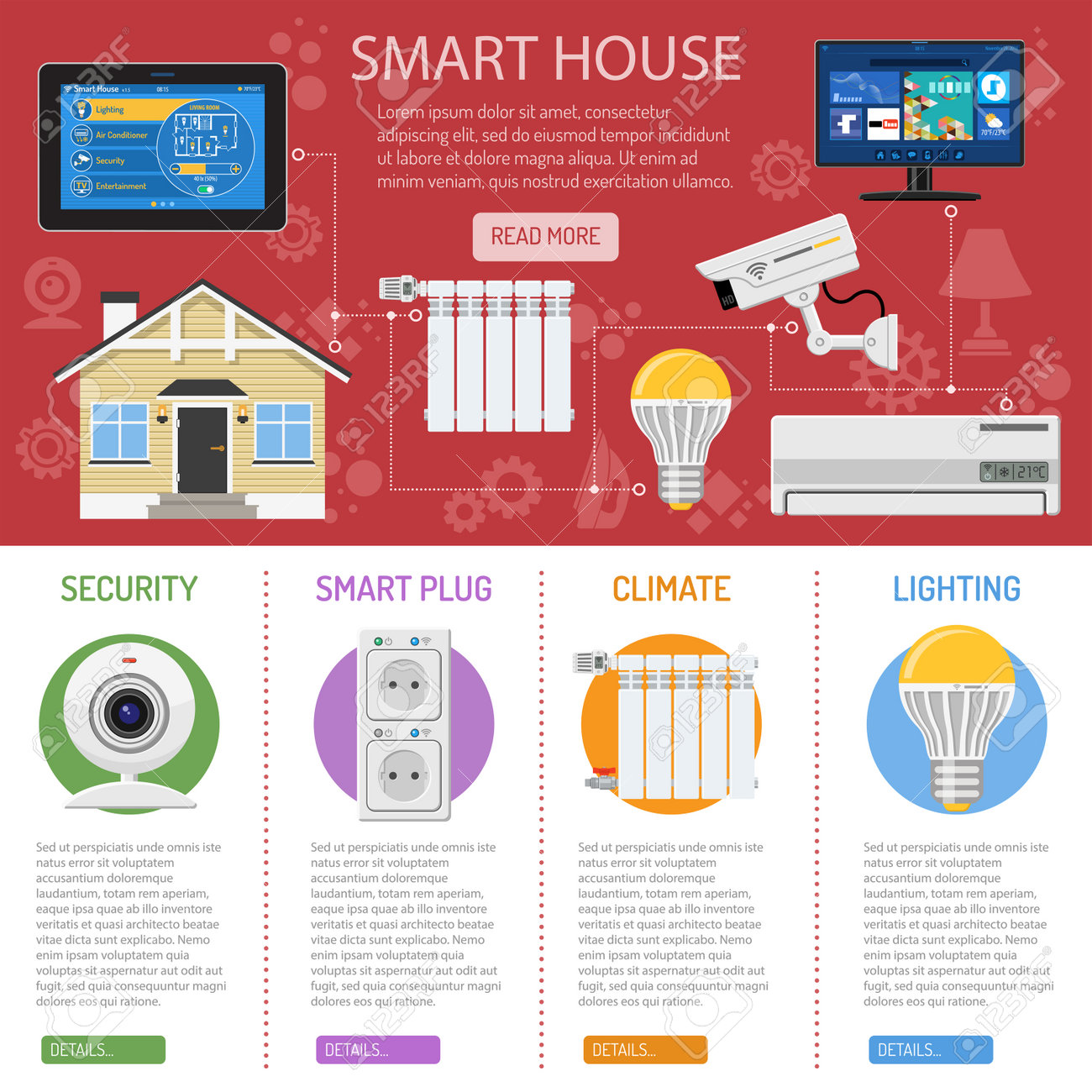Exactly How Weather Aspects Affect Heat Pump Procedures And Practical Measures To Address These Challenges
Exactly How Weather Aspects Affect Heat Pump Procedures And Practical Measures To Address These Challenges
Blog Article
Created By- mouse click the next document
When it concerns your heatpump, weather condition plays a vital duty in its efficiency. From freezing temperatures to sweltering heat, each component can affect just how effectively your system operates. But what can you do to battle these weather-related difficulties and guarantee your heatpump is working at its best? Keep tuned to discover practical pointers and approaches to enhance your heat pump's efficiency, despite the weather conditions it deals with.
Weather Variables Affecting Heat Pump Performance
Weather condition factors have a substantial effect on the performance of heat pumps. One essential variable is temperature level. Heatpump work by moving warmth from outside to within during winter months and the other way around in summer season. As temperature levels drop, it becomes harder for the heat pump to remove warm from the outdoors air, reducing its efficiency.
One more key element is humidity. High humidity degrees can make it extra challenging for the heatpump to launch warmth during the cooling procedure.
Furthermore, wind speed contributes. Solid winds can dissipate the warm soaked up or launched by the heatpump, impacting its general efficiency.
Tips for Optimizing Heat Pump Performance
To boost the efficiency and durability of your heatpump, implementing a couple of crucial approaches can make a significant distinction in its efficiency.
First of all, ensure normal maintenance by cleansing or replacing filters every 1-3 months to prevent air flow clogs and optimize air flow. In addition, routine annual expert inspections to identify and address any type of potential issues early on.
Optimum thermostat settings likewise play an important role. Throughout the wintertime, aim for a temperature setting that's as low as comfortable, and throughout the summertime, set it as high as comfortable to lower the work on your heat pump. Using a programmable thermostat can assist you instantly readjust setups based upon your schedule.
Additionally, sealing leakages in ductwork and insulating air ducts in unconditioned areas can prevent energy loss and boost total system performance.
Lastly, think about installing a wise thermostat that can discover your behaviors and change settings accordingly, more enhancing your heatpump's performance. By adhering to these pointers, you can ensure your heatpump runs efficiently and successfully throughout the year.
Best Practices for Weatherproofing Your Heatpump
For optimal efficiency and effectiveness of your heatpump, applying weatherproofing measures is crucial. Start by securing any kind of voids or fractures around doors, windows, and ductwork to prevent warm loss and preserve a constant interior temperature level.
Insulate exposed pipelines and ducts to avoid freezing throughout cold weather and guarantee correct airflow. Think about installing a safety cover over the outside system to secure it from rough weather condition aspects like snow, ice, and debris.
Consistently clean the outdoor system to get rid of dust, leaves, and debris that can obstruct air movement and reduce performance. Additionally, keep the area around the heatpump clear of snow, ice, and plant life to allow for correct air flow.
Verdict
Since you recognize how climate influences your heat pump efficiency, you can take positive actions to enhance its performance. By complying with the pointers outlined in this post, such as regular maintenance, thermostat changes, and weatherproofing measures, you can guarantee that your heatpump runs at its ideal regardless of the climate condition. Stay successful and maintain your home comfy all the time.
